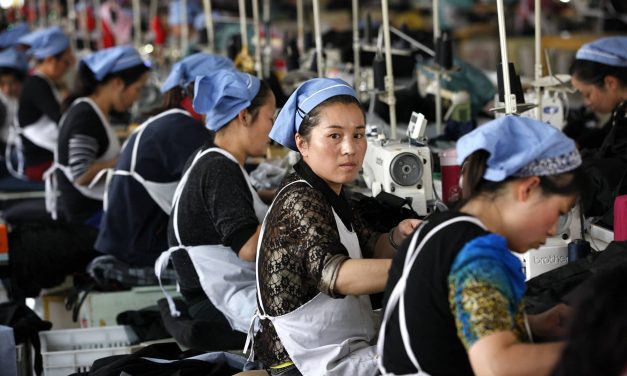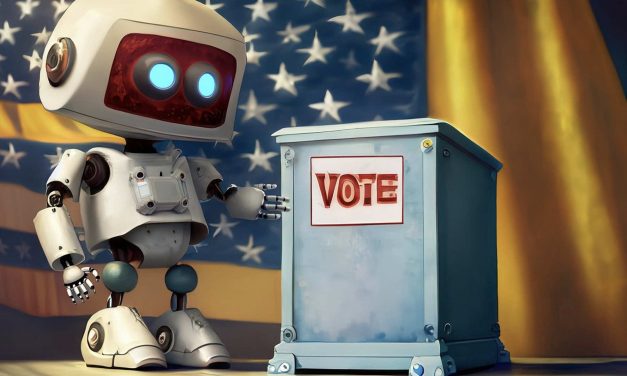Body dissatisfaction: Eating disorders among teens more than doubled during the COVID pandemic
By Sydney Hartman-Munick, Assistant Professor of Pediatrics, UMass Chan Medical School The COVID-19 pandemic has been associated with worsening mental health among teens, including increasing numbers of patients with eating disorders. In fact, research indicates that the number of teens with eating disorders at least doubled during the pandemic. This is particularly concerning given that eating disorders are among the most deadly of all mental health diagnoses, and teens with eating disorders are at higher risk for suicide than the general population. While experts do not know exactly why eating disorders develop, studies show that body dissatisfaction and desire...
Read More















